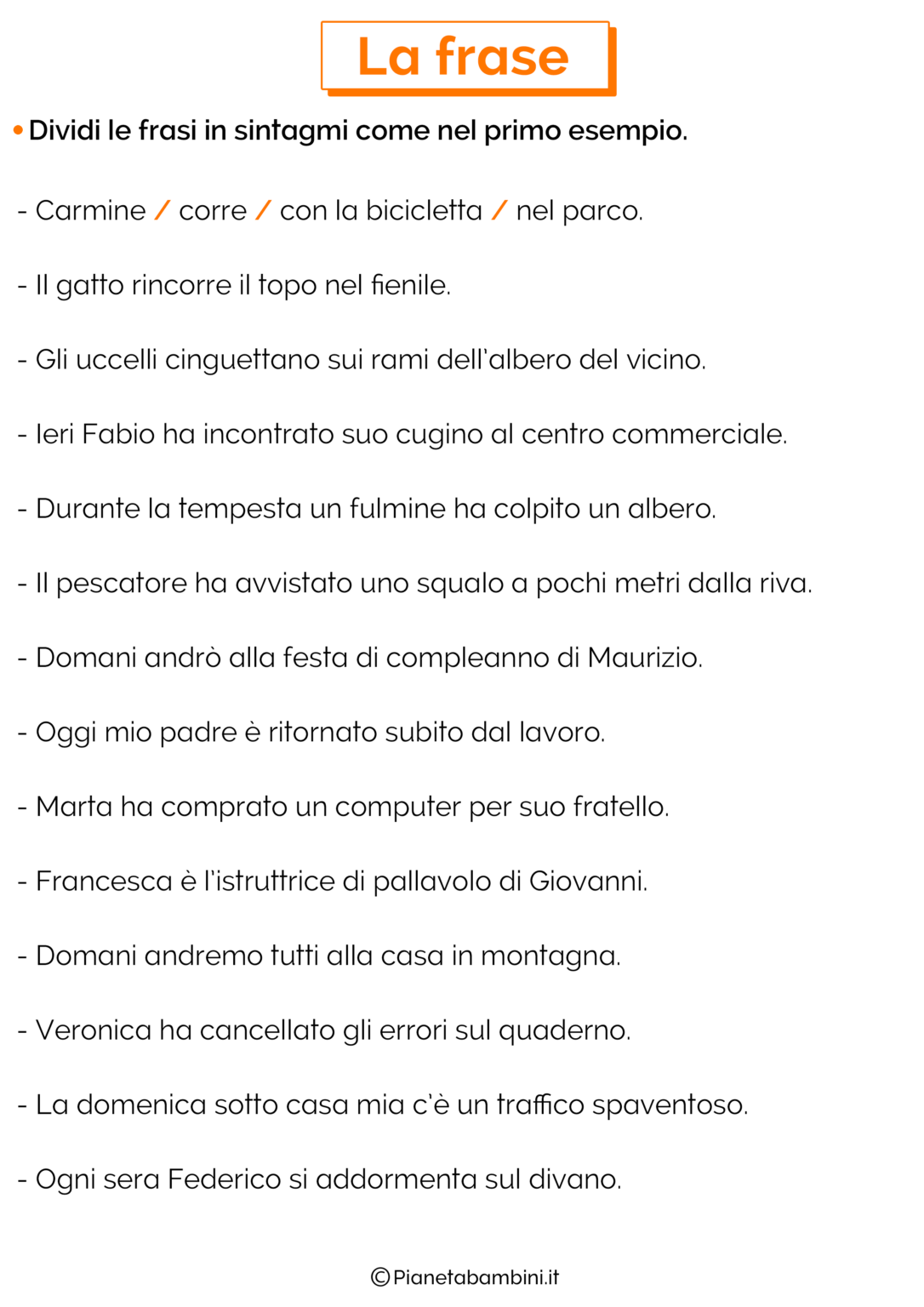
(121).jpg)
Very often qualitative studies seem to be full of apparently trivial details. Item I: Proof of Eligibility for Sources Defined as Trivial Activities - 6 NYCRR 201-3.3 (a)The owner and/or operator of. A sentence over the signature of abstract clones is called trivial if Proj, and non-trivial otherwise. There are several lessons to be learned from this incident, some trivial, some quite important.
Trivial in a sentence how to#
I refer to any of the mainstream English language dialects, steering clear of pidgins and creoles, where no doubt lurk all manner of interesting grammatical structures. How to use trivial in a sentence Sentence Examples Media pundits and politicians point to trivial decreases in the headline unemployment rate as evidence of economic recovery. The conclusion of this argument is that Ramsey sentences are trivially satisfied, in the sense that if what they say about observables is true (and a.

Utterly lacking in perspective, and dominated by the idea of the miraculous.
(33).jpg)
I realise that "standard English" is a bit of a contradiction. 3 ib Poa trivialis - Trivial Meadow-grass.0 0. The title notwithstanding, the question actually seemed to be asking for an explanation why a certain phrase was in fact not grammatical. Is a sentence always grammatically incorrect if it has no verb? I found a related question here in in EL&U, Answers like "Tomorrow." to "When will you file your story?" seem to be ellipses in this case, of the verb-laden "I will file my story tomorrow." Phrases like, "Hey!" are interjections, and don't meet my threshold of being non-trivial. Adding the verb "are" seems to transform it into White American English. The corresponding sentence, "Where are you at?", doesn't sound like African American Vernacular English. One of the interesting aspects of the Maori language, as I understand it, is that it includes a class of sentences which not only have no verb, it is positively wrong to form them with a verb.ĭoes standard English include any non-trivial sentences which have no verb, and are not simply ellipses of sentences which do include a verb?Īfrican-American Vernacular English includes sentences like, "Where you at?", that have no verb.


 0 kommentar(er)
0 kommentar(er)
